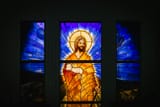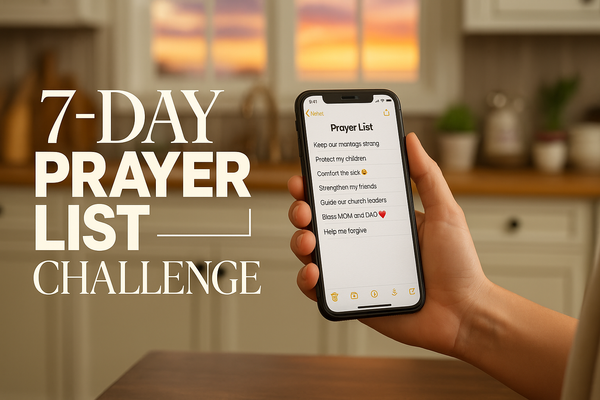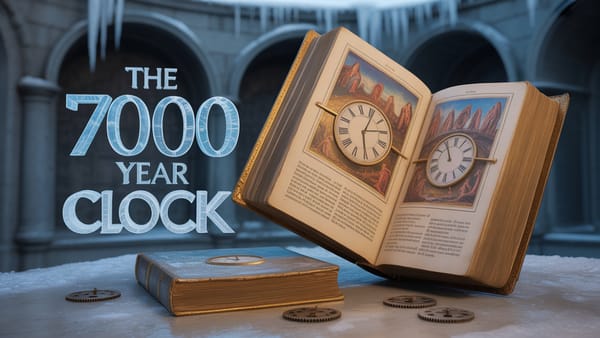The Hidden Heart: An Ancient Practice of Examination

When the Lord said to Samuel, "Do not look on his appearance or on the height of his stature, because I have rejected him. For the Lord sees not as man sees: man looks on the outward appearance, but the Lord looks on the heart" (1 Samuel 16:7), He was not only speaking of David's brothers. He was speaking to every generation that would seek Him.
David understood this. Later in life, shaped by sorrow, failure, and repentance, he cried out in Psalm 139:23–24:
"Search me, O God, and know my heart! Try me and know my thoughts! And see if there be any grievous way in me, and lead me in the way everlasting."
This is the cry of someone who knows that God does not simply desire outward obedience—He desires a heart that is exposed, surrendered, and shaped by His hand.
The Practice: Examining the Hidden Heart
The early Christians, especially the Desert Fathers of the 3rd to 5th centuries, took this truth seriously. They knew that the path to holiness was not merely in outward behavior, but in the state of the heart. This led to a daily practice known as exetasis (Greek: Ἐξέτασις)—examination of conscience.
Abba Isaiah of Scetis wrote:
“It is necessary every day to examine one’s conscience, asking: 'Have I grieved anyone? Have I spoken in pride? Has my heart been lifted above my brother?'"
This wasn't guilt-driven introspection. It was a practice of offering. Of honesty. Of standing spiritually naked before God without shame—because His mercy is greater than our darkness.
How to Begin Today
Set aside five minutes. No music. No distractions. Just you and the Shepherd.
Pray: "Lord, what is in my heart that no one sees but You? Search me and know me."
Then listen.
Let the Spirit bring to mind what needs to be named. Not so you can be crushed by it—but so you can offer it. Write it down if needed. Let it rise to the surface.
Then pray: "Lord Jesus Christ, Son of God, have mercy on my heart. Make it clean in Your sight."
Why It Matters
This practice is about humility. And humility draws the presence of God like incense.
When you make a habit of examining your hidden heart, you begin to live without masks. You stop performing. You stop striving. And you begin walking with God in truth.
You can repeat this practice daily. Or weekly. But even once will mark you.
The early church called these sacred rhythms the ancient paths (Jeremiah 6:16). They are not trendy. They are not marketable. But they are holy.
And they lead to life.
Daily Shepherd Application: Today, under the verse about the Lord looking at the heart, we invite users to try this ancient practice.
Take 5 minutes and ask God to search your hidden heart. Whatever rises up, offer it without defending it. This is your offering today. He sees you already. Let Him shape you now.
In Jesus' name.
Sources: 1 Samuel 16:7, Psalm 139:23–24, Lamentations 3:40, sayings of Abba Isaiah of Scetis (Asceticon), and early church monastic writings.




